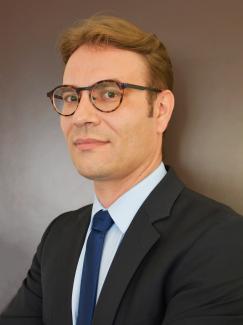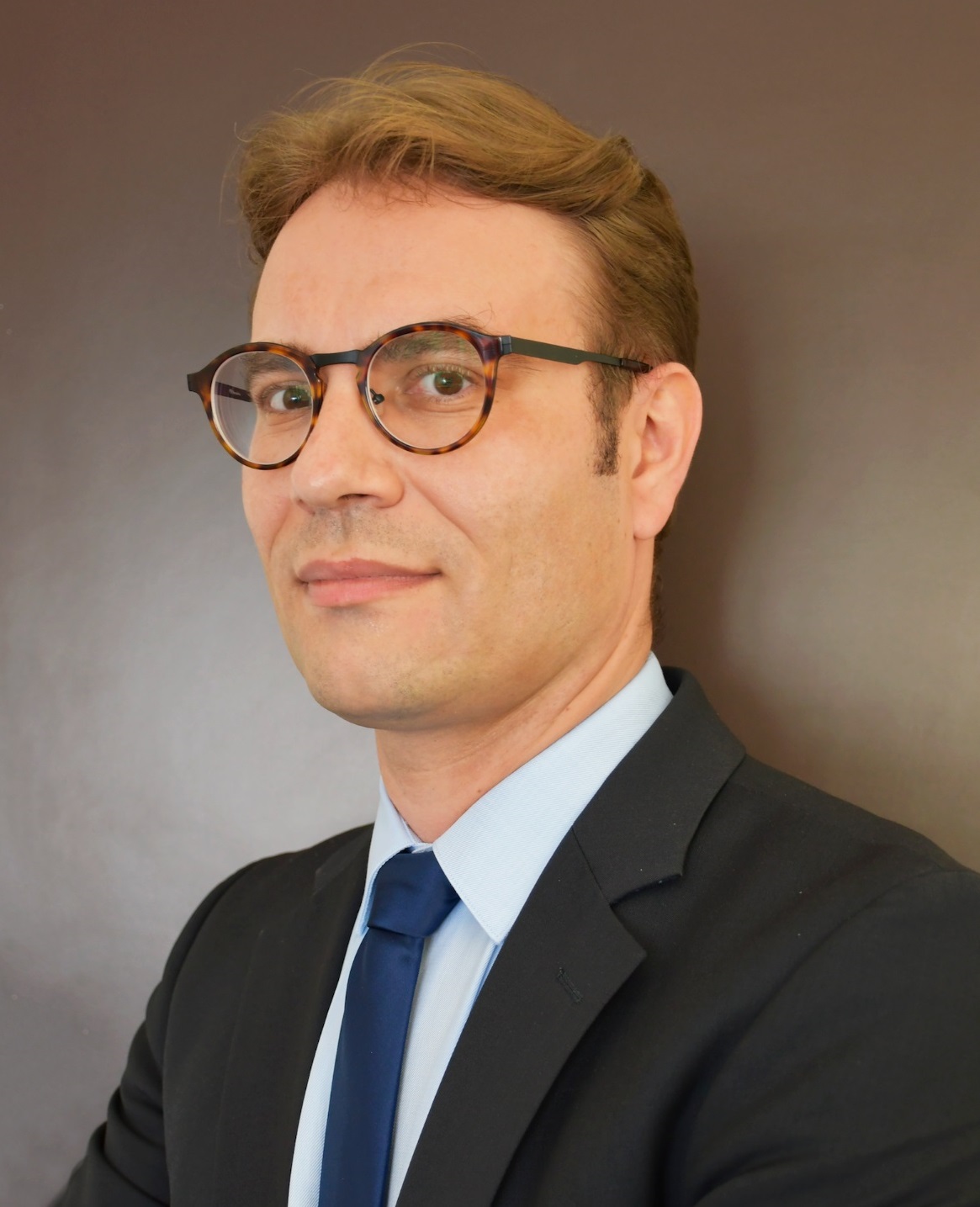Thirty Years after its Reunification, Germany's “European Moment”?
On October 3, 1990, after forty years of division, Germany once again became one state. Less than a year after the fall of the Berlin Wall, on November 9, 1989, the territories of the German Democratic Republic (GDR) became part of the Federal Republic of Germany (FRG) under Article 23 of its Basic Law.
The rapid process of German reunification continues to test the sense of national cohesion - territorially, socially and politically - of the reunified Germany to this day. Some dissenting voices in 1989-1990 had reckoned that the completion of reunification would take “at least a generation”. Where does Germany stand today, thirty years later?
At a time when the COVID-19 pandemic crisis is hitting Europe and the world hard, the cards seem to have been reshuffled at both the national and European levels. In what way do the celebrations of the thirtieth anniversary of German unity reveal Germany's position vis-à-vis the European Union?
The assessment of German reunification cannot be limited to a single German national phenomenon. Since 1990, German reunification and European construction have had a common destiny, with an interweaving of their successes, failures and limitations. In November 2019, German Foreign Minister Heiko Maas stated that “German unity is also a gift of Europe to Germany”. To what extent is the integration that the European Union has experienced over the past 30 years not also a “gift” from Germany to Europe?
Paul Maurice is a Research Fellow at the Study Committee on Franco-German Relations (Cerfa) at the French Institute of International Relations (Ifri).
This publication is available in French: "Trente ans après sa réunification, le « moment européen » de l’Allemagne ?".
Related centers and programs
Discover our other research centers and programsFind out more
Discover all our analyses
Securing critical raw material (CRM) value chains – a prerequisite for Europe’s technological resilience
At the heart of economic security, technological resilience is a backbone of the European Union’s (EU) competitiveness. The EU’s energy and digital transitions depend on critical raw materials (CRM).

Reconciling competitiveness and demographic change: a Franco-German imperative
France and Germany are facing parallel demographic shifts that could reshape the future of their economies and their social models. These shifts reflect broader European patterns but are magnified by the central role both nations play in EU governance and competitiveness.
Taking the Pulse: Does France's Political Crisis Weaken Europe's Geopolitical Hand?
While the EU tries to navigate a myriad international challenges, France is experiencing historic political disarray. What impact will instability in Paris have on Europe's geostrategic capacity?
Imaginary and Reality of the Franco-German border: a Laboratory for Europe of tomorrow
In Europe, the question of borders is a central issue. According to the European Parliament, border regions cover around 40% of the European Union (EU) territory, concentrate 30% of its population and produce nearly a third of its gross domestic product.










